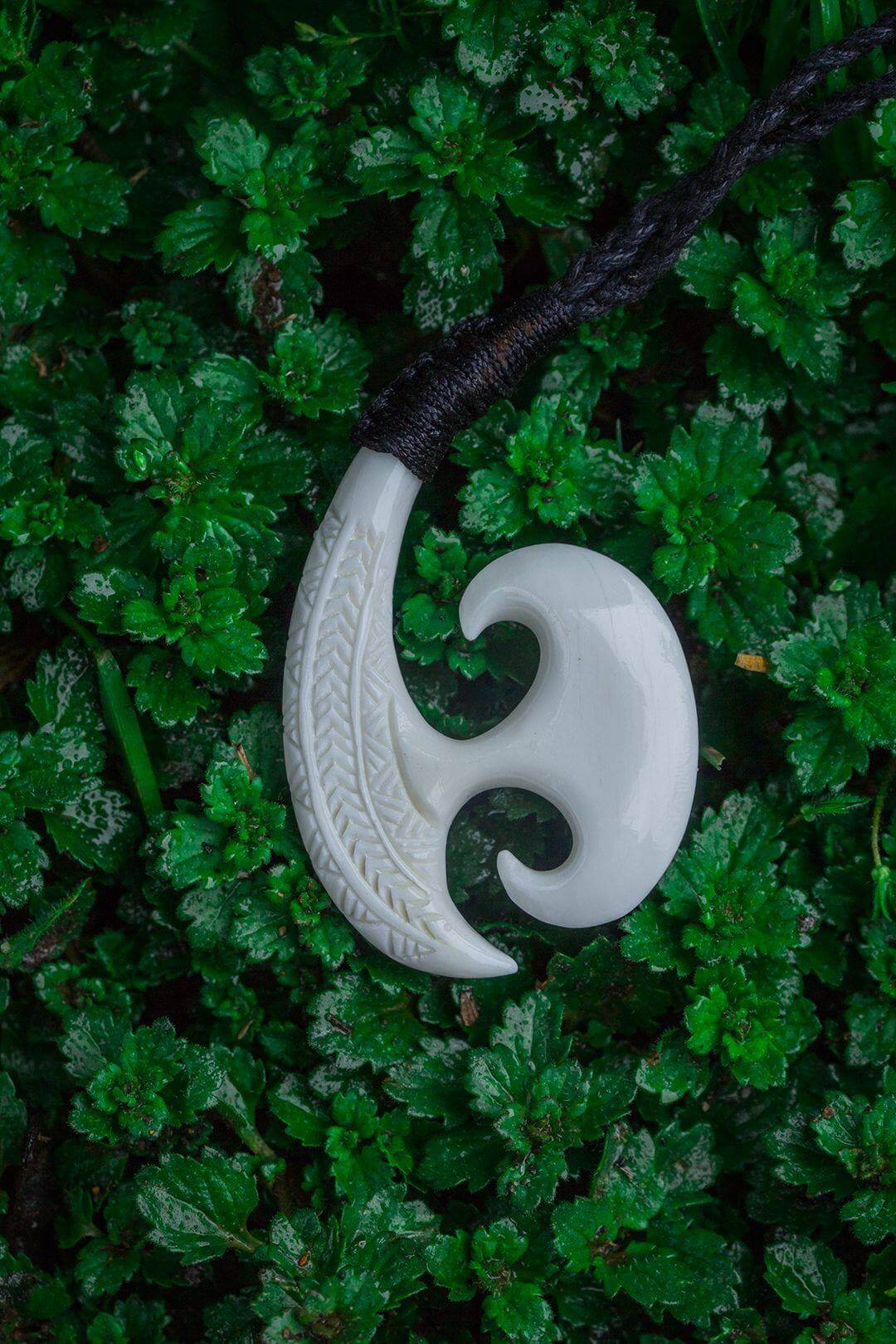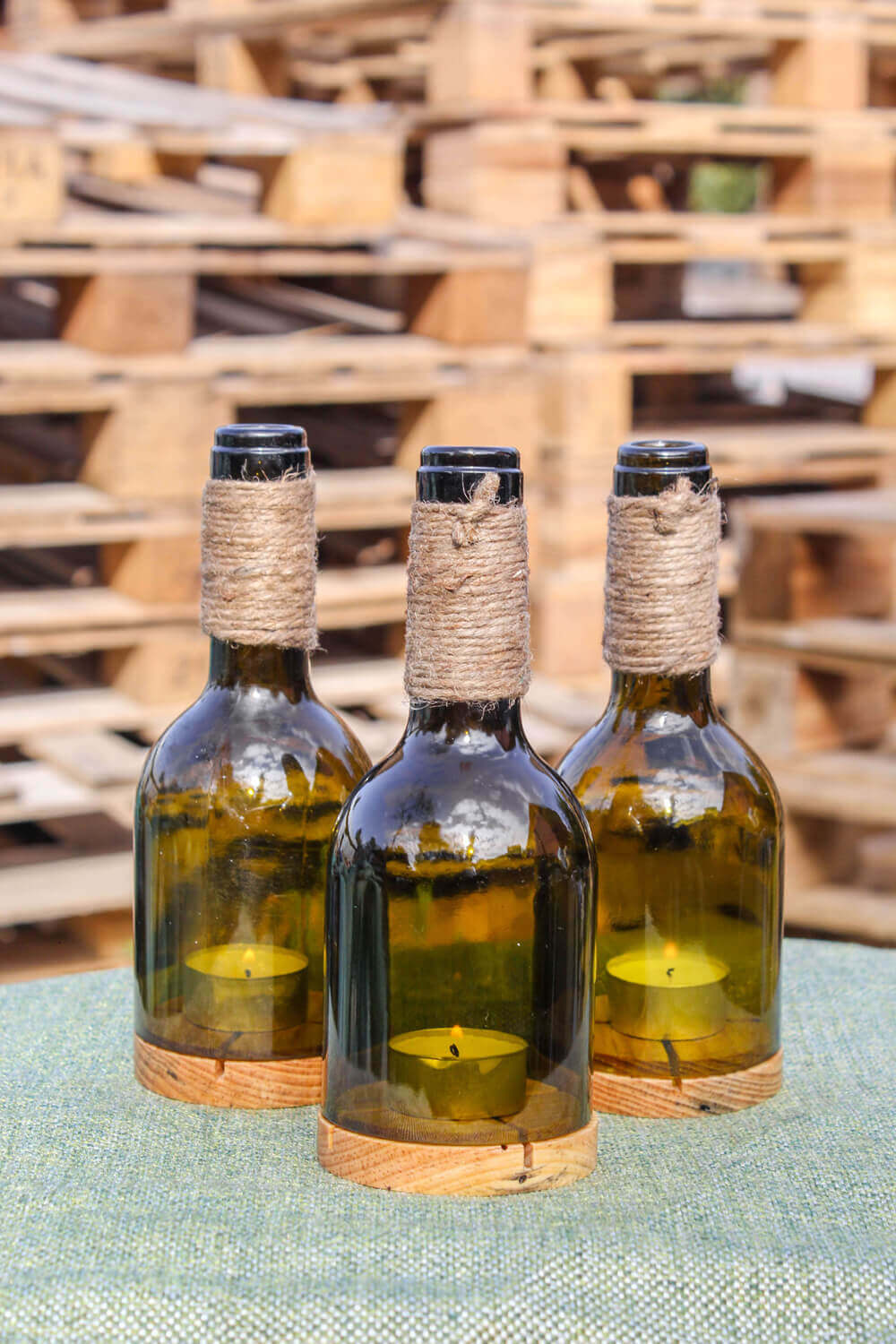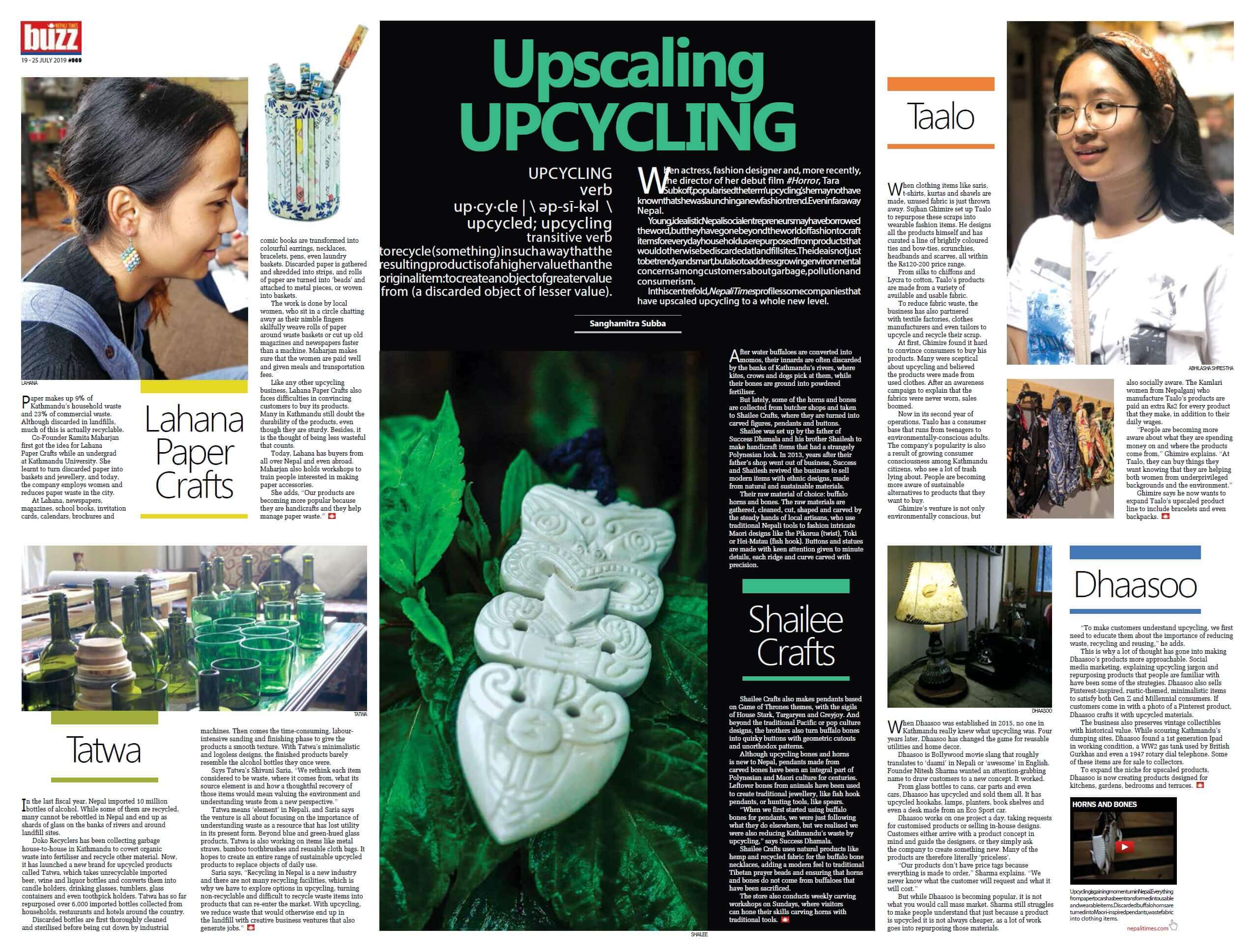Upscaling Upcycling

When actress, fashion designer and, more recently, the director of her debut film #Horror, Tara Subkoff, popularised the term ‘upcycling’, she may not have known that she was launching a new fashion trend. Even in faraway Nepal.
Young, idealistic Nepali social entrepreneurs may have borrowed the word, but they have gone beyond the world of fashion to craft items for everyday household use repurposed from products that would otherwise be discarded at landfill sites. The idea is not just to be trendy and smart, but also to address growing environmental concerns among customers about garbage, pollution and consumerism.
In this centrefold, Nepali Times profiles some companies that have upscaled upcycling to a whole new level.
Shailee Crafts
 PHOTOS: SHAILEE CRAFTS
PHOTOS: SHAILEE CRAFTS
After water buffaloes are converted into momos, their innards are often discarded by the banks of Kathmandu’s rivers, where kites, crows and dogs pick at them, while their bones are ground into powdered fertiliser.
But lately, some of the horns and bones are collected from butcher shops and taken to Shailee Crafts, where they are turned into carved figures, pendants and buttons.
Shailee was set up by the father of Success Dhamala and his brother Shailesh to make handicraft items that had a strangely Polynesian look. In 2013, years after their father’s shop went out of business, Success and Shailesh revived the business to sell modern items with ethnic designs, made from natural and sustainable materials.
Their raw material of choice: buffalo horns and bones. The raw materials are gathered, cleaned, cut, shaped and carved by the steady hands of local artisans, who use traditional Nepali tools to fashion intricate Maori designs like the Pikorua (twist), Toki or Hei-Matau (fish hook). Buttons and statues are made with keen attention given to minute details, each ridge and curve carved with precision.



Shailee Crafts also makes pendants based on Game of Thrones themes, with the sigils of House Stark, Targaryen and Greyjoy. And beyond the traditional Pacific or pop culture designs, the brothers also turn buffalo bones into quirky buttons with geometric cutouts and unorthodox patterns.



Although upcycling bones and horns is new to Nepal, pendants made from carved bones have been an integral part of Polynesian and Maori culture for centuries. Leftover bones from animals have been used to create traditional jewellery, like fish hook pendants, or hunting tools, like spears.
“When we first started using buffalo bones for pendants, we were just following what they do elsewhere, but we realised we were also reducing Kathmandu’s waste by upcycling,” says Success Dhamala.
 Prayer beads
Prayer beads
Shailee Crafts uses natural products like hemp and recycled fabric for the buffalo bone necklaces, adding a modern feel to traditional Tibetan prayer beads and ensuring that horns and bones do not come from buffaloes that have been sacrificed.
The store also conducts weekly carving workshops on Sundays, where visitors can hone their skills carving horns with traditional tools.
Lahana Paper Crafts

PHOTOS: LAHANA PAPER
Paper makes up 9% of Kathmandu’s household waste and 23% of commercial waste. Although discarded in landfills, much of this is actually recyclable.
Co-Founder Ramita Maharjan first got the idea for Lahana Paper Crafts while an undergrad at Kathmandu University. She learnt to turn discarded paper into baskets and jewellery, and today, the company employs women and reduces paper waste in the city.
At Lahana, newspapers, magazines, school books, invitation cards, calendars, brochures and comic books are transformed into colourful earrings, necklaces, bracelets, pens, even laundry baskets. Discarded paper is gathered and shredded into strips, and rolls of paper are turned into ‘beads’ and attached to metal pieces, or woven into baskets.
The work is done by local women, who sit in a circle chatting away as their nimble fingers skilfully weave rolls of paper around waste baskets or cut up old magazines and newspapers faster than a machine. Maharjan makes sure that the women are paid well and given meals and transportation fees.


Like any other upcycling business, Lahana Paper Crafts also faces difficulties in convincing customers to buy its products. Many in Kathmandu still doubt the durability of the products, even though they are sturdy. Besides, it is the thought of being less wasteful that counts.
Today, Lahana has buyers from all over Nepal and even abroad. Maharjan also holds workshops to train people interested in making paper accessories.
She adds, “Our products are becoming more popular because they are handicrafts and they help manage paper waste.”
Taalo
When clothing items like saris, t-shirts, kurtas and shawls are made, unused fabric is just thrown away. Sujhan Ghimire set up Taalo to repurpose these scraps into wearable fashion items. He designs all the products himself and has curated a line of brightly coloured ties and bow-ties, scrunchies, headbands and scarves, all within the Rs120-200 price range.
From silks to chiffons and Lycra to cotton, Taalo’s products are made from a variety of available and usable fabric.
To reduce fabric waste, the business has also partnered with textile factories, clothes manufacturers and even tailors to upcycle and recycle their scrap.
 PHOTO: ABHILASHA SHRESTHA
PHOTO: ABHILASHA SHRESTHA
At first, Ghimire found it hard to convince consumers to buy his products. Many were sceptical about upcycling and believed the products were made from used clothes. After an awareness campaign to explain that the fabrics were never worn, sales boomed.
Now in its second year of operations, Taalo has a consumer base that runs from teenagers to environmentally-conscious adults. The company’s popularity is also a result of growing consumer consciousness among Kathmandu citizens, who see a lot of trash lying about. People are becoming more aware of sustainable alternatives to products that they want to buy.
 PHOTO: TAALO
PHOTO: TAALO
Ghimire’s venture is not only environmentally conscious, but also socially aware. The Kamlari women from Nepalganj who manufacture Taalo’s products are paid an extra Rs2 for every product that they make, in addition to their daily wages.
“People are becoming more aware about what they are spending money on and where the products come from,” Ghimire explains. “At Taalo, they can buy things they want knowing that they are helping both women from underprivileged backgrounds and the environment.”
Ghimire says he now wants to expand Taalo’s upscaled product line to include bracelets and even backpacks.
Tatwa
In the last fiscal year, Nepal imported 10 million bottles of alcohol. While some of them are recycled, many cannot be rebottled in Nepal and end up as shards of glass on the banks of rivers and around landfill sites.
Doko Recyclers has been collecting garbage house-to-house in Kathmandu to covert organic waste into fertiliser and recycle other material. Now, it has launched a new brand for upcycled products called Tatwa, which takes unrecyclable imported beer, wine and liquor bottles and converts them into candle holders, drinking glasses, tumblers, glass containers and even toothpick holders. Tatwa has so far repurposed over 6,000 imported bottles collected from households, restaurants and hotels around the country.
Discarded bottles are first thoroughly cleaned and sterilised before being cut down by industrial machines. Then comes the time-consuming, labour-intensive sanding and finishing phase to give the products a smooth texture. With Tatwa’s minimalistic and logoless designs, the finished products barely resemble the alcohol bottles they once were.



Says Tatwa’s Shivani Saria, “We rethink each item considered to be waste, where it comes from, what its source element is and how a thoughtful recovery of those items would mean valuing the environment and understanding waste from a new perspective.”
Tatwa means ‘element’ in Nepali, and Saria says the venture is all about focusing on the importance of understanding waste as a resource that has lost utility in its present form. Beyond blue and green-hued glass products, Tatwa is also working on items like metal straws, bamboo toothbrushes and reusable cloth bags. It hopes to create an entire range of sustainable upcycled products to replace objects of daily use.
 PHOTOS: TATWA
PHOTOS: TATWA
Saria says, “Recycling in Nepal is a new industry and there are not many recycling facilities, which is why we have to explore options in upcycling, turning non-recyclable and difficult to recycle waste items into products that can re-enter the market. With upcycling, we reduce waste that would otherwise end up in the landfill with creative business ventures that also generate jobs.”
Dhaasoo
When Dhaasoo was established in 2015, no one in Kathmandu really knew what upcycling was. Four years later, Dhaasoo has changed the game for reusable utilities and home decor.
Dhaasoo is Bollywood movie slang that roughly translates to ‘daami’ in Nepali or ‘awesome’ in English. Founder Nitesh Sharma wanted an attention-grabbing name to draw customers to a new concept. It worked.
From glass bottles to cans, car parts and even cars, Dhaasoo has upcycled and sold them all. It has upcycled hookahs, lamps, planters, book shelves and even a desk made from an Eco Sport car.


Dhaasoo works on one project a day, taking requests for customised products or selling in-house designs. Customers either arrive with a product concept in mind and guide the designers, or they simply ask the company to create something new. Many of the products are therefore literally ‘priceless’.
“Our products don’t have price tags because everything is made to order,” Sharma explains. “We never know what the customer will request and what it will cost.”
But while Dhaasoo is becoming popular, it is not what you would call mass market. Sharma still struggles to make people understand that just because a product is upcycled it is not always cheaper, as a lot of work goes into repurposing those materials.
 PHOTOS: DHAASOO
PHOTOS: DHAASOO

Read also:
Waste should not be wasted, Bhrikuti Rai
Return to nature, Nepali Times
Plastic money, Samuel Johns
Rupees from rubbish, Sahina Shrestha




